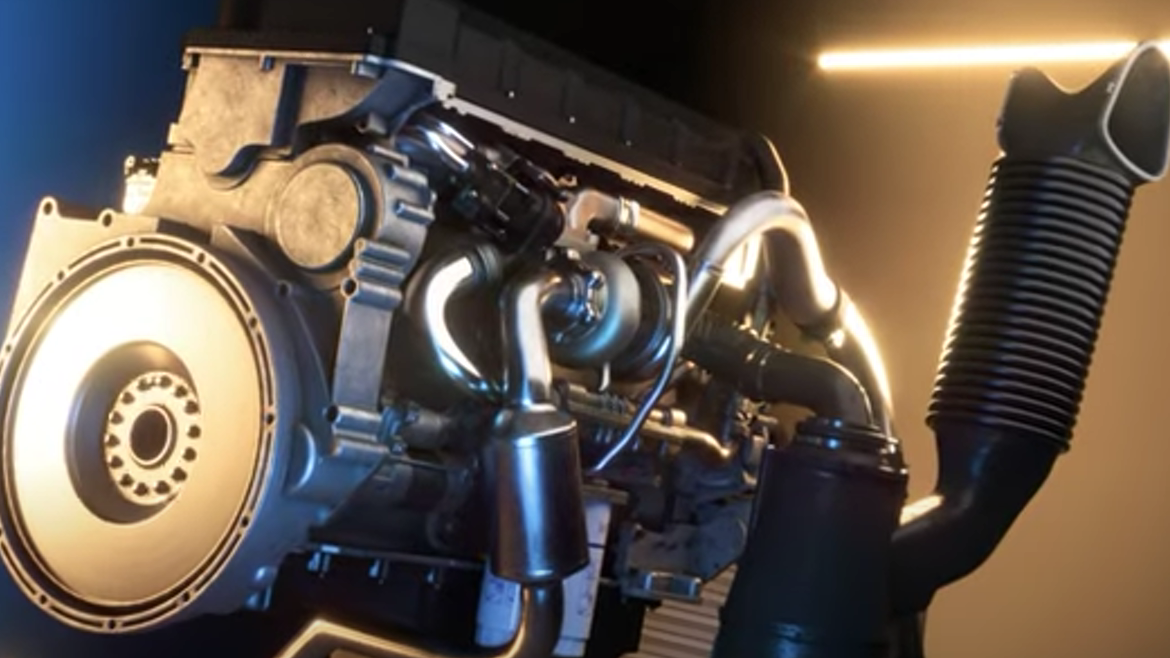Jan 8, 2019
Posted by Tom Curtis, President, Lubrizol Additives
A continued push for sustainability is happening all over the world. Take a look at the situation currently happening in Mexico as newer engine hardware is being adopted in order to curb emissions.
Earlier in 2018, the Mexican government published final emissions standards for engines used in heavy-duty trucks and buses. “Starting January 1, 2021, all new heavy-duty vehicles sold in Mexico will be required to meet the best-in-class, filter-based standards, equivalent to those currently in place in the rest of North America and the European Union,” per the International Council on Clean Transportation.
The new regulation is part of Mexico’s contribution to the Paris Agreement, and the shift is already happening. The heavy-duty truck sector at large is growing significantly and now represents the 16th largest commercial vehicle parc in the world. And while the parc itself grows at a rate of about 1 percent annually, the introduction of brand-new vehicles is happening at a rate of about 8 percent.
It’s reflective of the changing global engine landscape, but there’s a challenge in Mexico that the commercial vehicle industry should be working to overcome. Experts estimate that 40 percent of the Mexican commercial vehicle lubricant market remains at API CF-4 and lower—an obsolete specification unsuitable for most diesel-powered engines built after 2009—let alone new hardware that continues to be introduced.
There are numerous problems with using outdated lubricants. For modern trucks, CF-4 doesn’t deliver the necessary wear protection performance, oxidation and deposit control, or soot handling that helps keep new engines on the road for longer periods of time. There are clear and obvious benefits to upgrading the Mexico heavy-duty market to API CH-4, at minimum.
And as it pertains to sustainability—the true driver of new global regulations around the world—outdated lubricants inhibit the fuel economy and efficiency gains that these new vehicles were designed to provide. Without those lubricants new engines cannot live up to their potential as designed, and that’s a major problem.
Further, modern engines require lubricants optimized for all areas of performance, including proper engine protection and long-term durability. And while we might not often think about the connection, durability and sustainability are part of the same story. The longer the useful life of any piece of hardware—and not just truck engines, either—the less often it will need to be replaced, with fewer resources used to remake new hardware.
Our view: Adoption of at least CH-4 certified lubricants within the Mexican heavy-duty fleet market is a necessity, for all of the reasons that high-performing lubricants better contribute to engine performance and engine longevity.
Of course, it’s not just in Mexico. This is the case all around the world. The global automotive industry, as it continues to contribute toward better sustainability of vehicles globally, should be actively promoting the use of high-performance lubricants that better enable new technology to live up to its potential.
For more information on sustainability in the market place, contact your Lubrizol representative.









